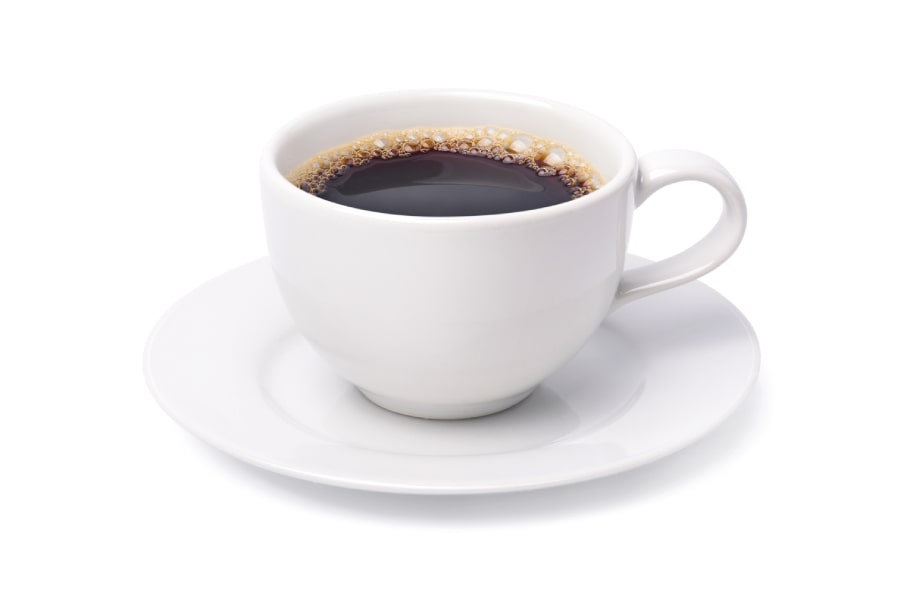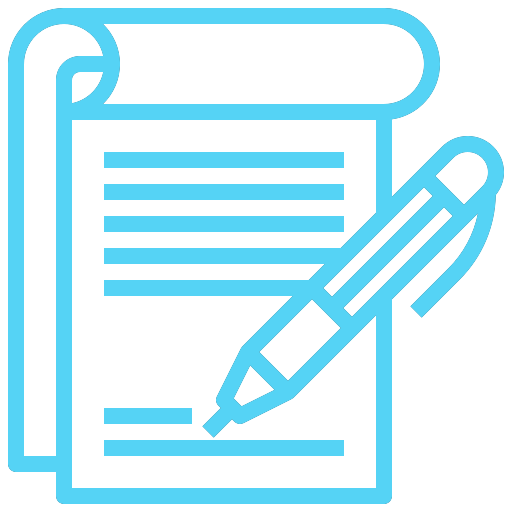
Caffeine is one of the most widely consumed active ingredients in the world. It can be found in coffee, tea, cola, chocolate and energy drinks. The amount of caffeine in each product differs:
- 125 ml cup of coffee: +/- 80 mg
- 250 ml can of energy drink: +/- 80 mg
- 125 ml cup of tea: 30 to 50 mg of caffeine
- 250 ml of Coca Cola(zero): 24 mg of caffeine
- Fanta and Sprite: 0 mg caffeine
- Dark chocolate (100g): 43mg
- Milk chocolate (100mg): 20mg
Caffeine is generally believed to be bad for the heart. However, this has never been demonstrated so far. On the contrary, a moderate caffeine intake was related to an improvement in some cardiovascular risk factors such as type 2 diabetes mellitus, depression and obesity.
Moreover, moderate coffee consumption is associated with favorable cardiovascular outcomes. One study found that in comparison to non-coffee drinkers, light-to-moderate (up to 5 cups a day) consumption was associated with a 12% lower risk of all-cause death, 17% lower risk of death from cardiovascular disease and 21% lower risk of incident stroke.
The mechanism of this is not really known, but it is suspected that the presence of antioxidants has a beneficial effect.
And, maybe surprisingly, several studies have shown that coffee consumption does not increase the risk of atrial fibrillation. Even high caffeine intakes exceeding 600mg per day were not related to an increased risk of atrial fibrillation and this applies to all products that contain caffeine. A moderate coffee consumption (0.5 – 3 cups a day) would even have a protective effect and lower the risk of developing atrial fibrillation.
Where does the bad reputation of caffeine come from? It is known that overconsumption of caffeine can lead to negative effects such as insomnia, headaches and anxiety. It can also cause palpitations. However, this is mainly the result of an acceleration of the normal heart rhythm, which is often misinterpreted as arrhythmias.
However, there have also been reports of some individuals having heart attacks after chronic massive overconsumption of caffeine – especially in the form of energy drinks. Typically, the consumption of these caffeine products have been in the excess of 1 litre per day.
In conclusion, there is no evidence currently to suggest that caffeine intake facilitates the onset of atrial fibrillation.

 Français
Français Deutsch
Deutsch Español
Español Italiano
Italiano Nederlands
Nederlands Polski
Polski Русский
Русский Svenska
Svenska Português
Português Hrvatski
Hrvatski Ελληνικα
Ελληνικα 简体中文
简体中文 العربية
العربية
